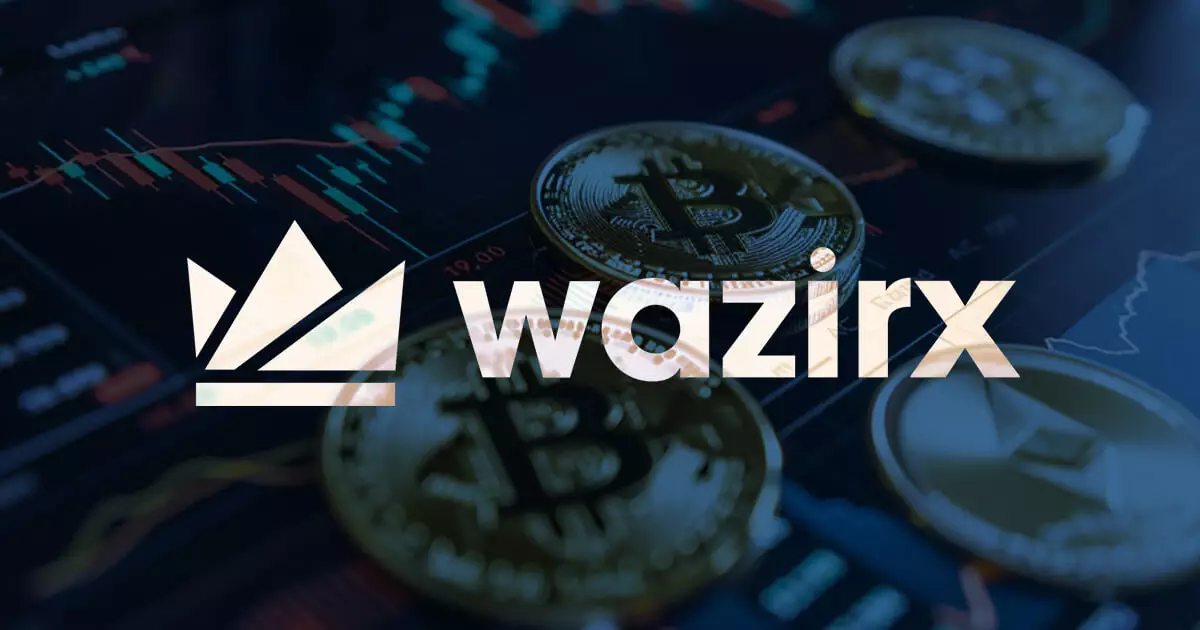In the ever-evolving landscape of cryptocurrency, security remains one of the primary concerns for users worldwide. As recent events have demonstrated, centralized exchanges—despite their user-friendly interfaces—are increasingly becoming targets for sophisticated cyber-attacks. In a notable incident earlier this year, WazirX, one of India’s prominent cryptocurrency exchanges, faced a staggering breach that led to the loss of approximately $235 million. This event not only raised alarms about the vulnerabilities present in centralized systems but also catalyzed a significant shift towards decentralization in the crypto sphere. The announcement by WazirX to launch a decentralized exchange (DEX) is a noteworthy response, one that reflects its commitment to enhancing user security and restoring trust amid burgeoning skepticism.
The hack attributed to the notorious Lazarus Group clearly illustrated the perils of centralized exchanges. By exploiting a fundamental flaw within WazirX’s multi-signature wallet system, hackers managed to siphon off enormous amounts of cryptocurrency, creating a ripple effect that impacted hundreds of thousands of users. The implications of such security breaches are profound; they not only result in financial loss but also undermine user confidence in the exchange’s ability to protect their assets. Following the breach, WazirX’s emergency measures, which involved freezing a substantial percentage of user accounts and converting funds into USDT, led to significant backlash. Users felt unfairly punished for a failure they did not cause, inciting widespread criticism regarding how centralized exchanges typically manage crises.
A Shift Towards Decentralization
Recognizing the need for a paradigm shift, WazirX’s co-founder, Nischal Shetty, unveiled plans for a DEX that would coexist with its existing centralized platform. The proposed DEX aims to empower users by granting them full control over their assets. This strategic transition is not merely a response to the breach but part of a broader trend within the currency trading ecosystem, where decentralized finance (DeFi) models increasingly attract a wary user base. Shetty articulated, “With a decentralized exchange, assets remain fully in users’ control, free from counter-party risks.” This statement encapsulates the fundamental advantage of DEX platforms—users can hold their assets directly, mitigating the risks associated with entrusting their funds to centralized entities.
Community Governance and Future Plans
The new DEX from WazirX is scheduled to roll out in a phased manner by early 2025 and will feature its own unique token designed for transaction fees and community governance. This dual approach seeks to not only ensure transaction efficiency but also promote community involvement in decision-making processes. As users grow more conscious of the risks involved in centralized exchanges, this shift towards a token-supported ecosystem represents a significant step in fostering a decentralized financial structure. Analysts highlight this potential movement towards community governance as an essential shift that aligns with the ethos of blockchain technology: democratization and transparency.
Challenges in Recovery and Accountability
While WazirX takes steps to implement its decentralized model, the road to recovery from the July hack remains fraught with complications. The public feud between WazirX and its former custody partner, Liminal, over accountability has left customers caught in a maelstrom of uncertainty. Each entity has shifted blame onto the other, complicating efforts to recover the stolen funds. This standoff not only impacts user trust but also casts a shadow over WazirX’s ambitions. Users are wary of whether the platform can effectively manage its own security and responsibility in the future.
WazirX’s decision to pivot towards a decentralized exchange signifies an acknowledgment of the challenges that centralized platforms face, especially in terms of security. As the industry continues to grapple with the implications of cyber breaches, WazirX’s developments may well inspire other exchanges to consider transitioning to decentralized models. In a world where user trust is paramount, mitigating risks through decentralization could redefine the future of cryptocurrency exchanges. As consumers increasingly demand transparency and security, a shift towards more robust decentralized mechanisms may not just be beneficial but utterly essential for the survival of such platforms in the competitive crypto market.

